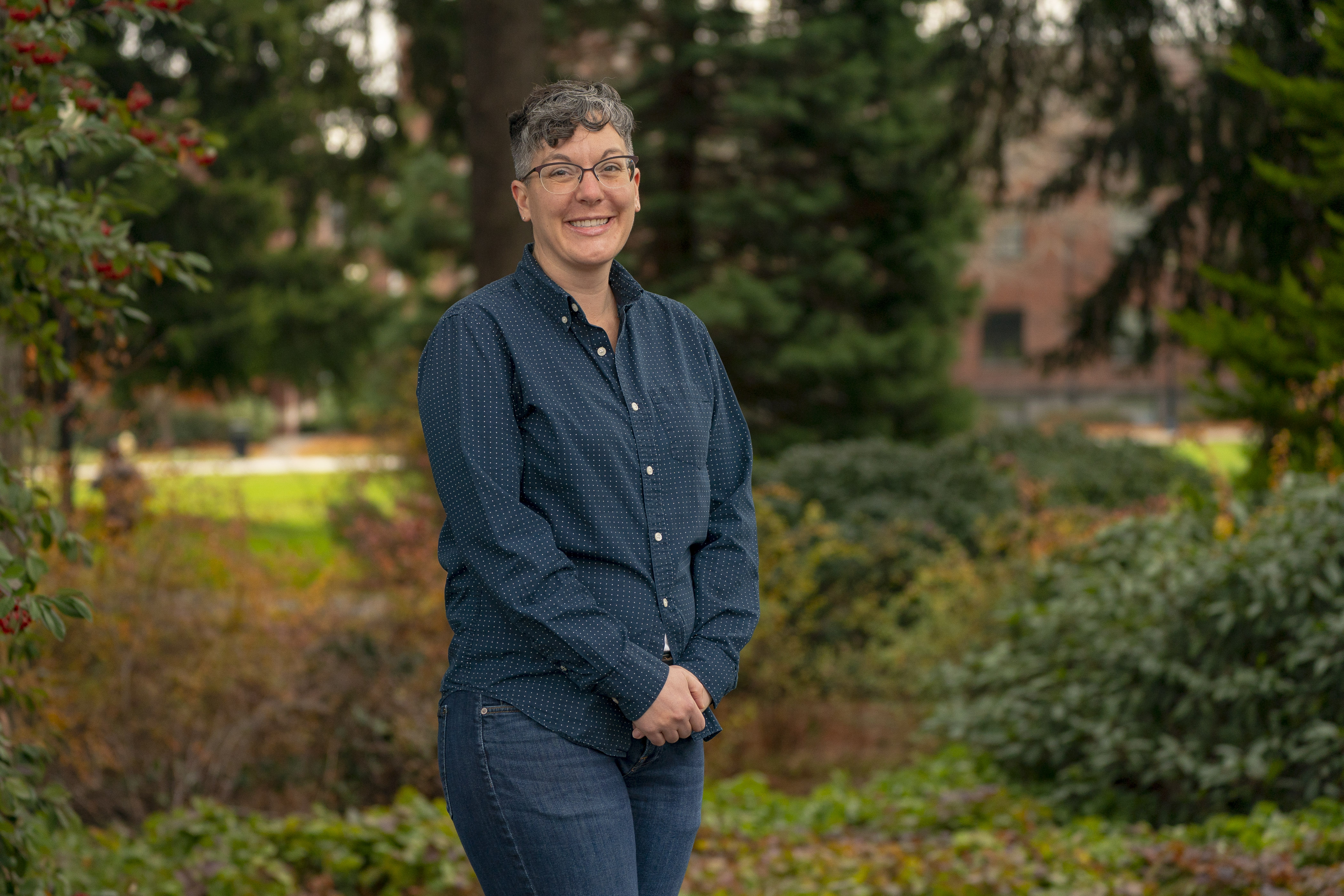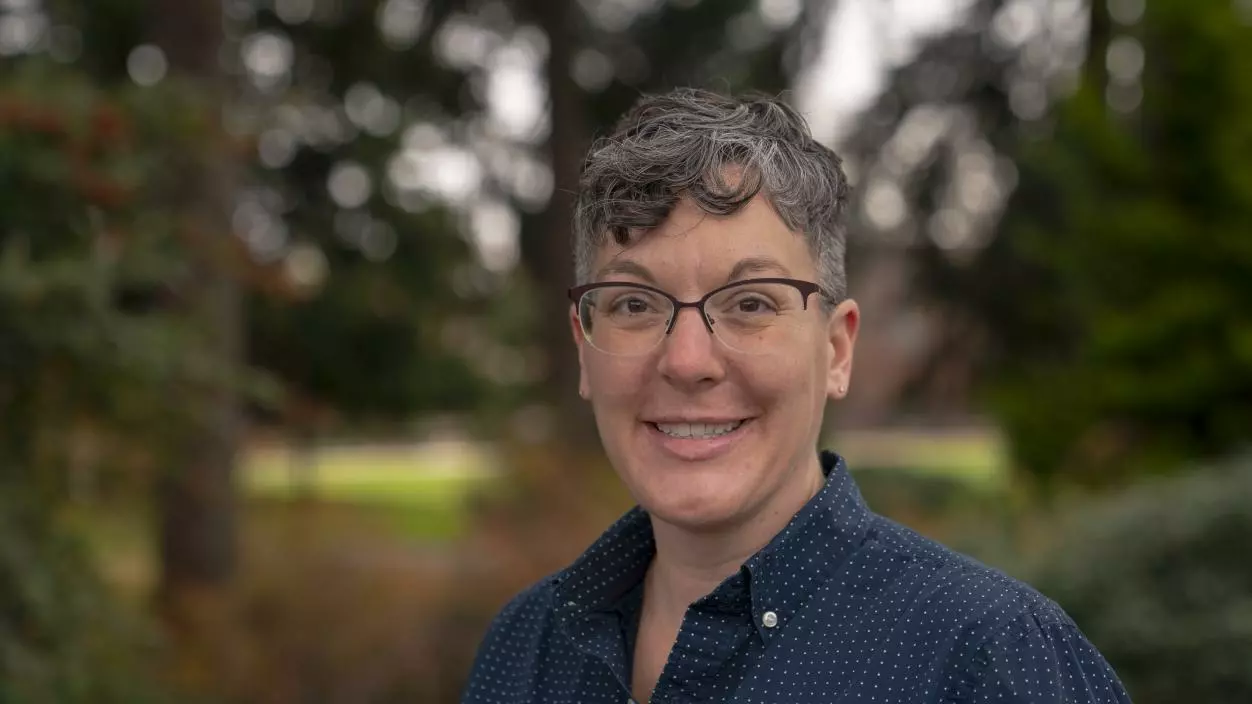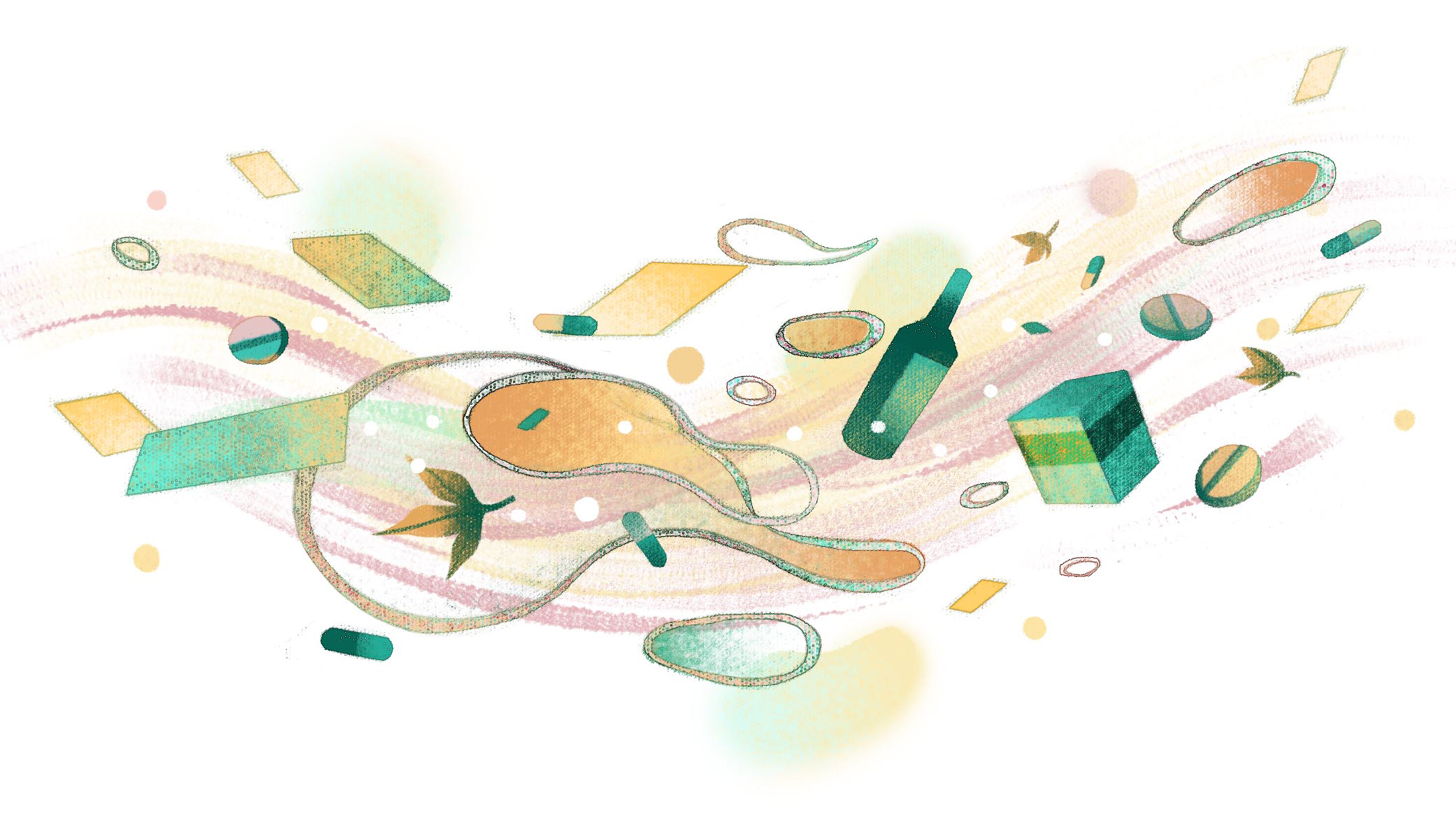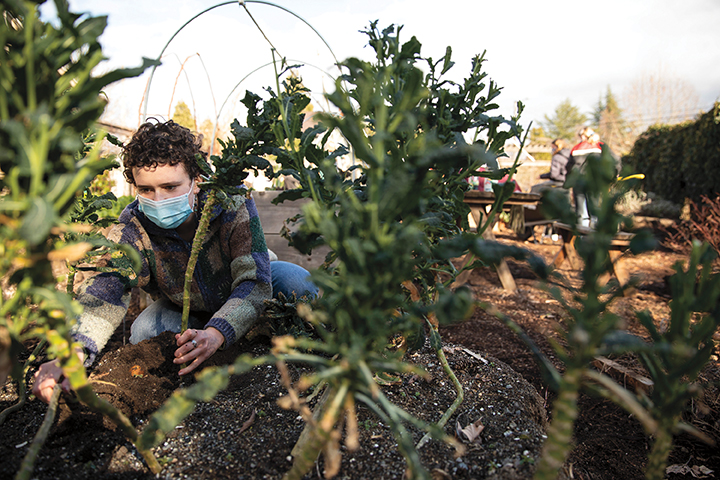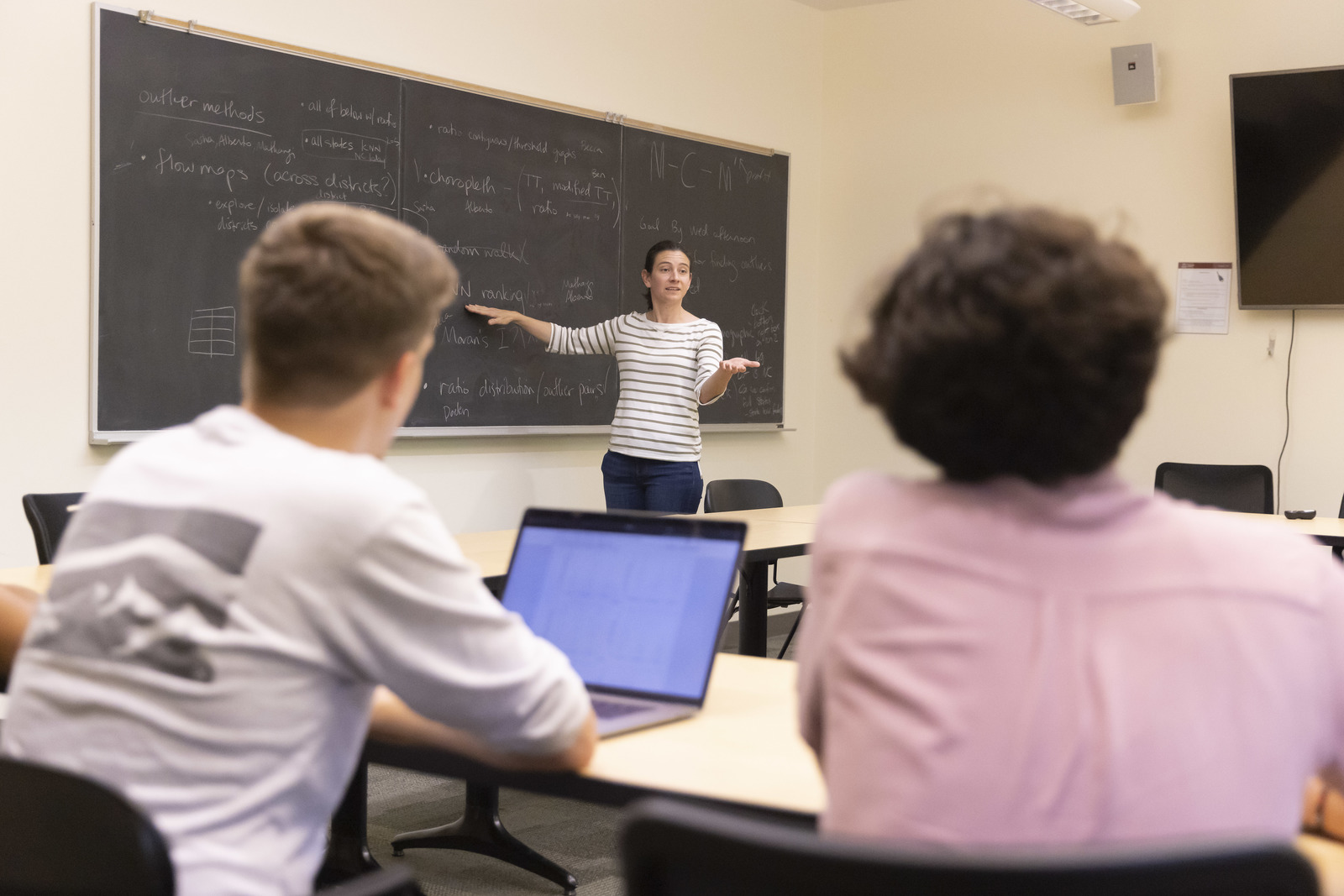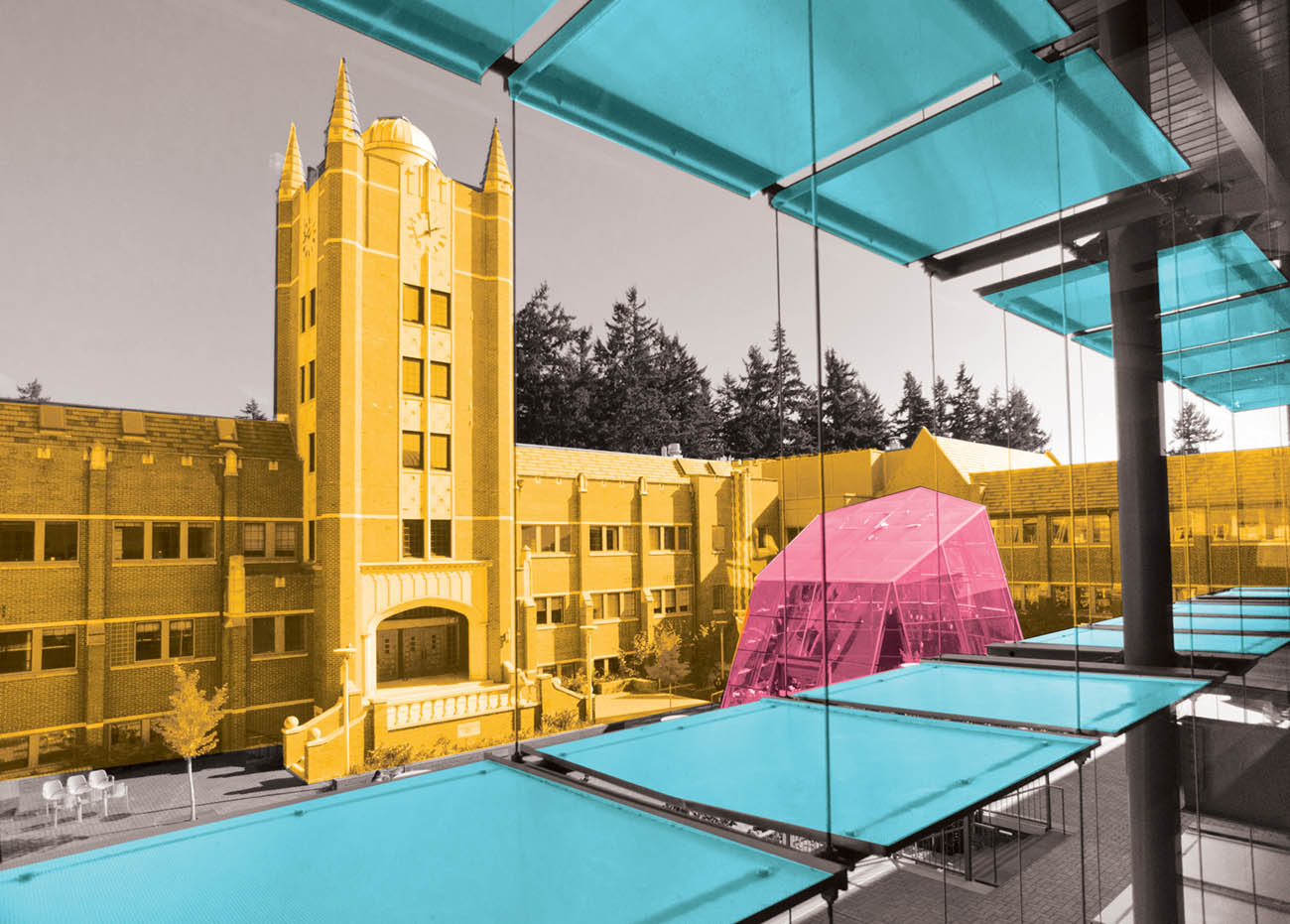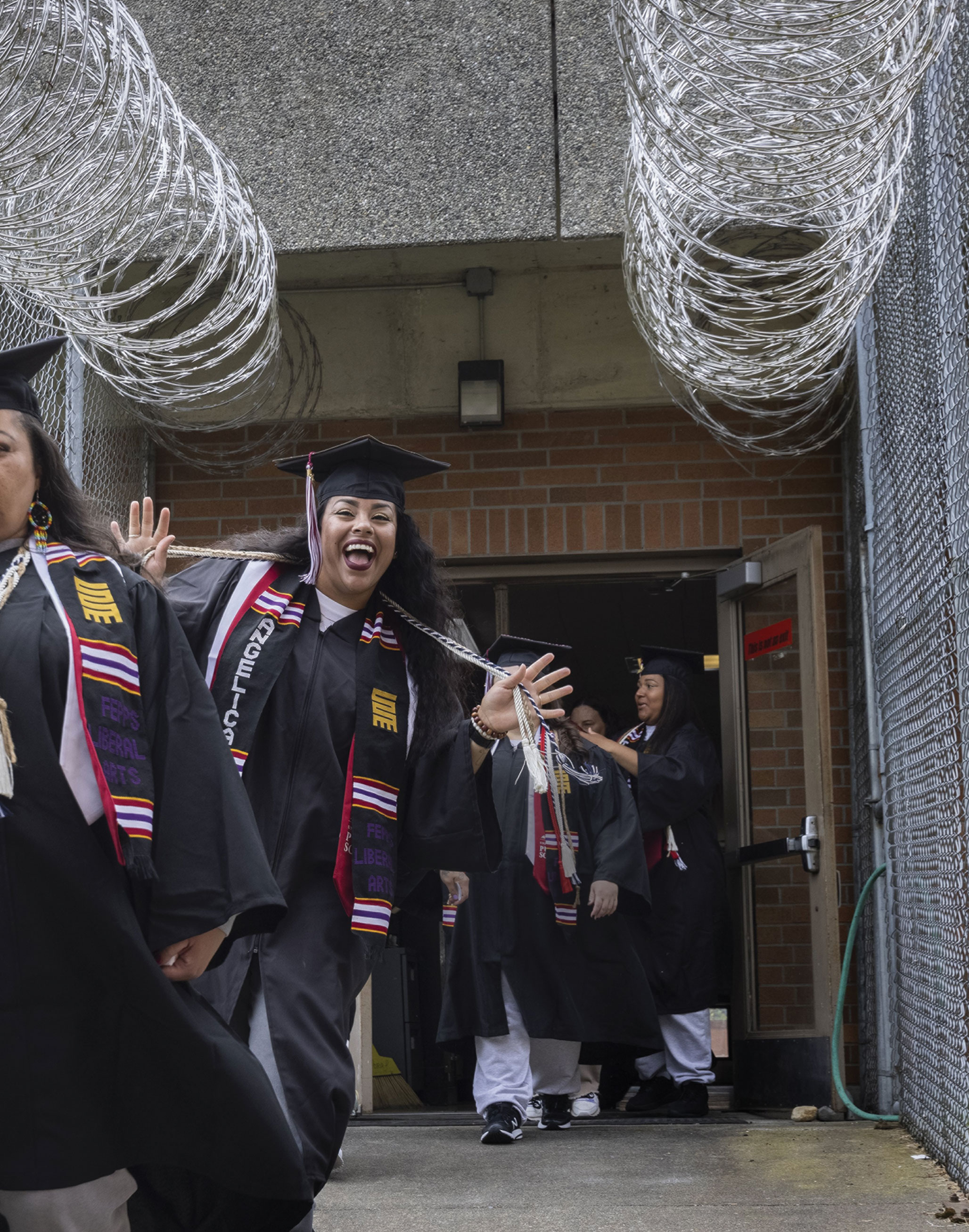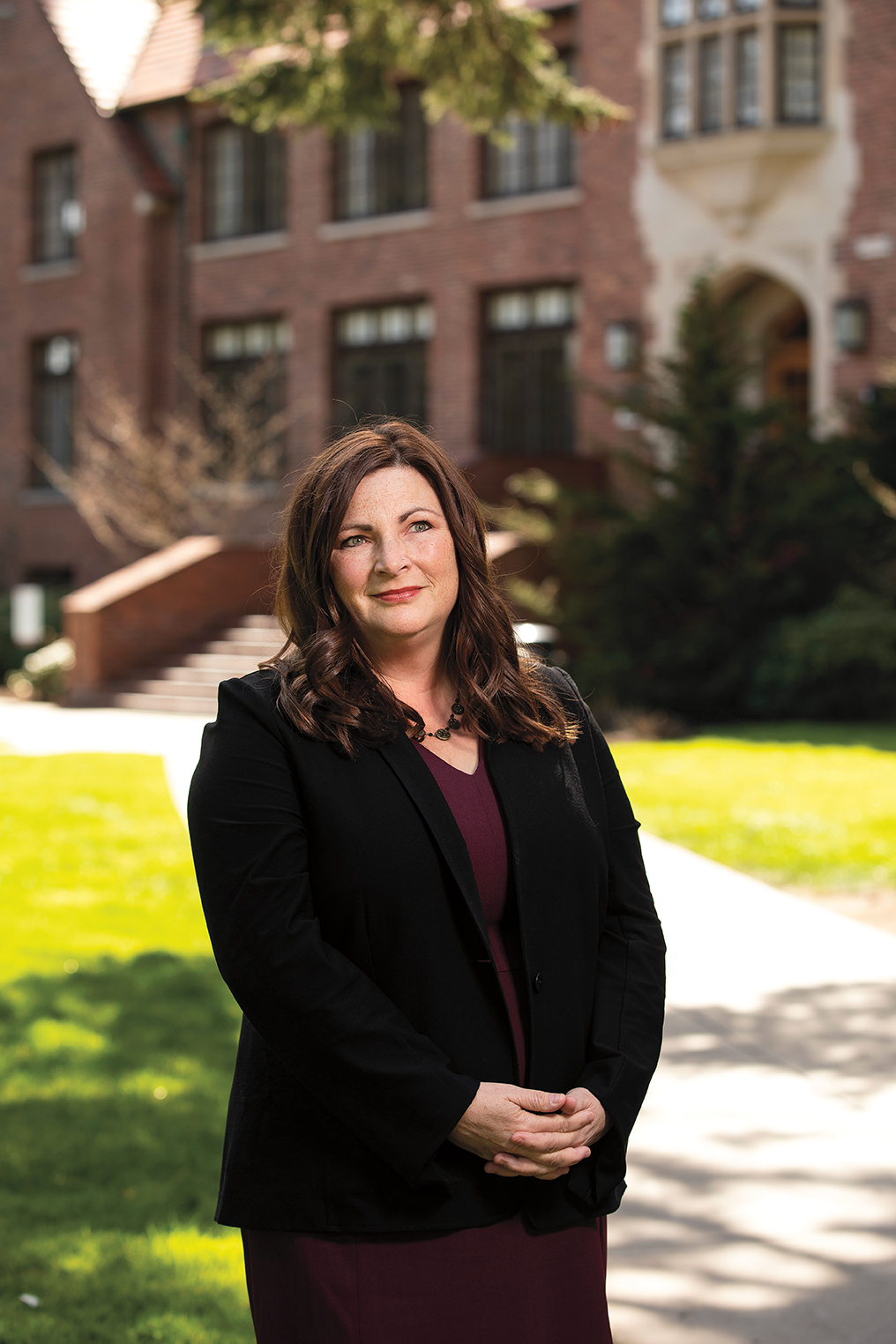You’ve been teaching at Puget Sound since 2014. What brought you here?
I grew up in the Midwest and did my undergrad at Loyola University of Chicago. Then, I got an M.F.A. degree in fiction writing at the University of Michigan. After that, I was living in Chicago, teaching, and starting to get published. In 2008, I decided I wanted to go back to school and I started a Ph.D. program in creative English at University of Illinois Chicago. After that, I was ready for a change and did a national job search. I found Puget Sound and I haven’t looked back.
Can you tell me about your dual role in the English department and as director of the gender and queer studies program? How do those positions complement each other?
So, I applied for a creative writing position in the English department, but even in my interview, it was clear that the university was looking for folks who could cross over in interesting ways with other departments and groups on campus. A lot of my fiction deals with issues of gender and sexuality, so I was already interested in gender and queer studies. A few years later, I taught my first GQS course and then four years ago, I took over from Greta Austin as director. It’s an administrative position, thinking about the courses that our students are interested in, figuring out what we can offer and how to staff those classes. One of my favorite things to do on campus is to see where the energy is and figure out how I can help foster that. What very unglamorous things behind the scenes need to be done so that these conversations can flourish? That’s the part I really love.
Beyond your work as an academic and a program administrator, you’re also a writer. Can you talk about your writing?
I have almost exclusively published fiction. My first novel, My Brother’s Name, is about gender passing and follows a character who assumes her brother’s identity. She’s successful for a while and comes to discover that she really loves this narrative that she’s creating, but it’s not her life to live. So much has changed since that book came out, and the conversation about gender and the trans experience in particular is very different now than it was 10 years ago. Not only that, but I’m different, too. What’s amazing to me is how quickly you outgrow yourself. Like cicadas, we’re always leaving our little shells behind. If all goes well, we bust through the shell and climb off to do something else. There’s nothing wrong with that shell being what it is, but it’s not you anymore—you’ve moved on. Now I’m writing fiction and essays that deal with growing up in a conservative Quaker community in Indiana. I’m thinking and writing about love and religious harm in contemporary American life. And I’m also working on a historical novel about an early 20th-century woman who was a Quaker pastor, an Evangelist, and the head of one of two competing women’s divisions of the Ku Klux Klan.
